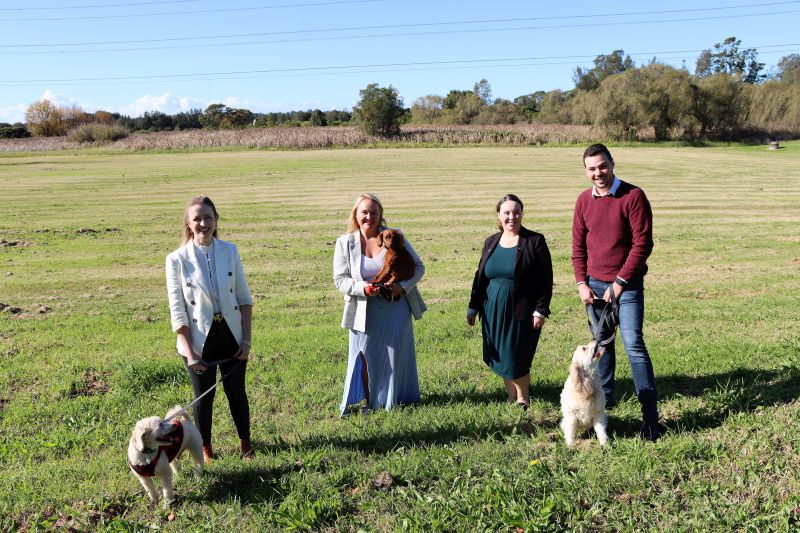Elderly patients who remain in hospital waiting for aged care placements could now be discharged sooner under a plan to ease the impact of residential aged care shortages in the Illawarra and Shoalhaven.
Up to 35 temporary aged care beds are being made available across the Illawarra Shoalhaven region, under a joint state and federal funding agreement which will help free up beds in local public hospitals.
NSW Minister for Health Ryan Park said the funding agreement between the NSW Government and the Commonwealth will enable additional beds in the Illawarra Shoalhaven to open under the Transitional Aged Care Program.
“This will make it possible for more patients to be safely discharged from hospital to another care facility while they wait for a residential placement to become available,” Mr Park said.
“Under the agreement, the NSW Government will contribute around 75% of the funding required to open 20 additional transition beds in Illawarra, which will equate to around $5 million annually.
“We will also jointly fund an additional 15 transitional beds in the Shoalhaven, with 4 already in place in Nowra.
“This is an exceptional result for the local community and is especially welcome news for the Illawarra Shoalhaven Local Health District (ISLHD), which has been facing unprecedented challenges with the flow of patients through local hospitals because of the impact of residential aged care bed shortages.”
An average of 92 local hospital patients every day in the Illawarra Shoalhaven have been classified as ready for transfer to a residential aged care facility over the past 12 months.
Mr Park said that number was previously between 30 and 40 patients per day.
“This no doubt creates a level of uncertainty for patients and their loved ones because they are forced to wait in hospital,” Mr Park said.
“It also impacts access to beds for other patients needing admission to our public hospitals.
“This relief package will enable more elderly patients, who are well enough for discharge, to be cared for in a more appropriate facility while at the same time making more hospital beds available.
“This will significantly improve access to hospital beds from emergency departments.”
Staff recruitment is underway and the Illawarra Shoalhaven LHD is currently negotiating with Figtree Private Hospital to enable the opening of a 20-bed ward within its facility.
Federal Member for Cunningham, Alison Byrnes, said the collaborative agreement with Federal Aged Care Minister Annika Wells would help public hospitals transition elderly patients into more appropriate care.
“Both Minister Wells and I see it as a priority to work cooperatively with government and the sector to achieve effective solutions that will reduce pressure on our hospitals; while delivering the care that older Illawarra residents need, when they need it and in a form that meets their care needs,” Ms Byrne said.
“Locally, we are committed to developing these solutions that is why I speak regularly with Federal Minister for Aged Care Anika Wells MP, NSW Health Minister Ryan Park MP, ISLHD CEO Margot Mains and private providers about solutions.
“The Federal Government is committed to improving the attraction, retention and the sustainability of the care workforce by delivering a 15% pay rise on award wages for aged care workers, having at least 1 registered nurse available to care for residents at all times – 24 hours a day, every day of the week; and developing an Industry Labour Agreement to streamline the recruitment of qualified direct care workers to work in the aged care sector.”
The additional transition aged care beds will open over the next few months.

